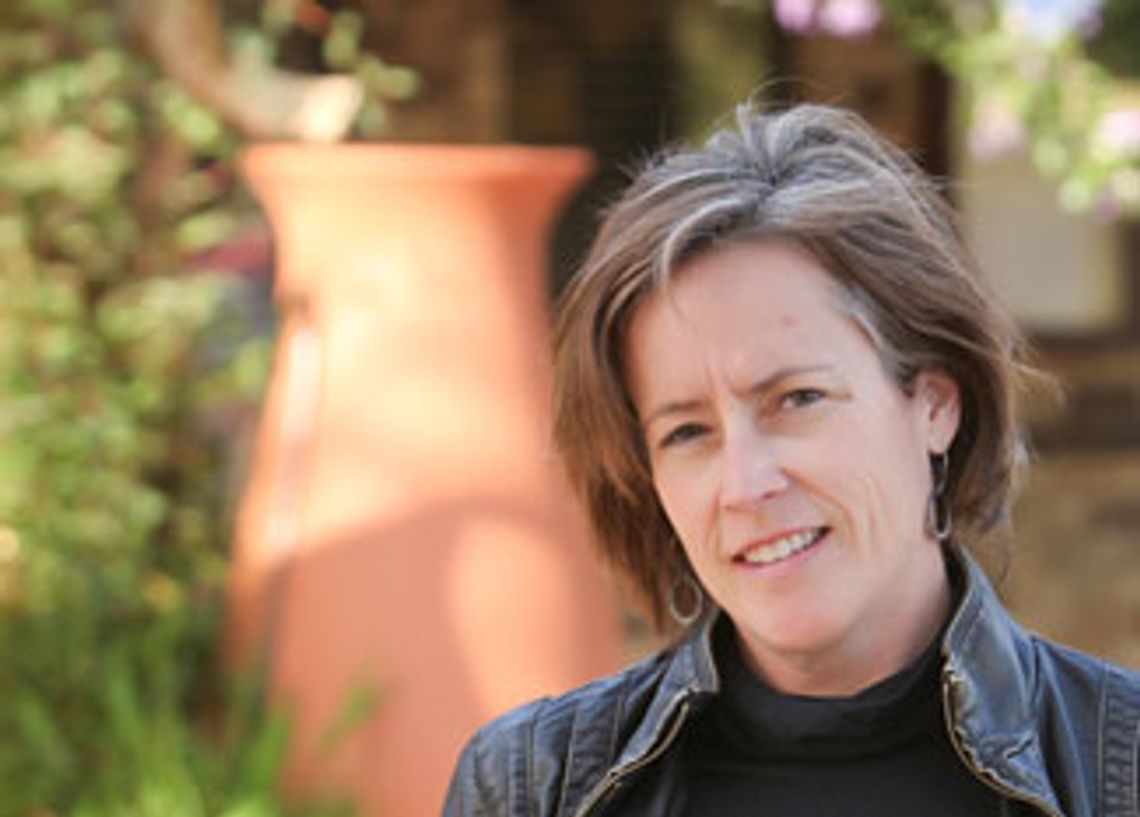By Sahar Chmais
HAYS COUNTY – Mary Stone, 56-year-old retired nurse and therapist, felt she needed to do anything in her capability to help humanity come closer to a solution for COVID-19. She worked so many years watching people gasping for air in ICUs, and COVID-19 was only adding to that problem. So Stone did what she thought was best – she volunteered at the Moderna COVID-19 vaccine trial.
“I did it because I worked in ICU and I know what people go through,” Stone told the Hays Free Press/News-Dispatch. “Some people get no symptoms from COVID, but some get deathly ill. I wanted to do all I could to prevent that.”
PLEASE LOG IN FOR PREMIUM CONTENT. Our website requires visitors to log in to view the best local news.
Not yet a subscriber? Subscribe today!










